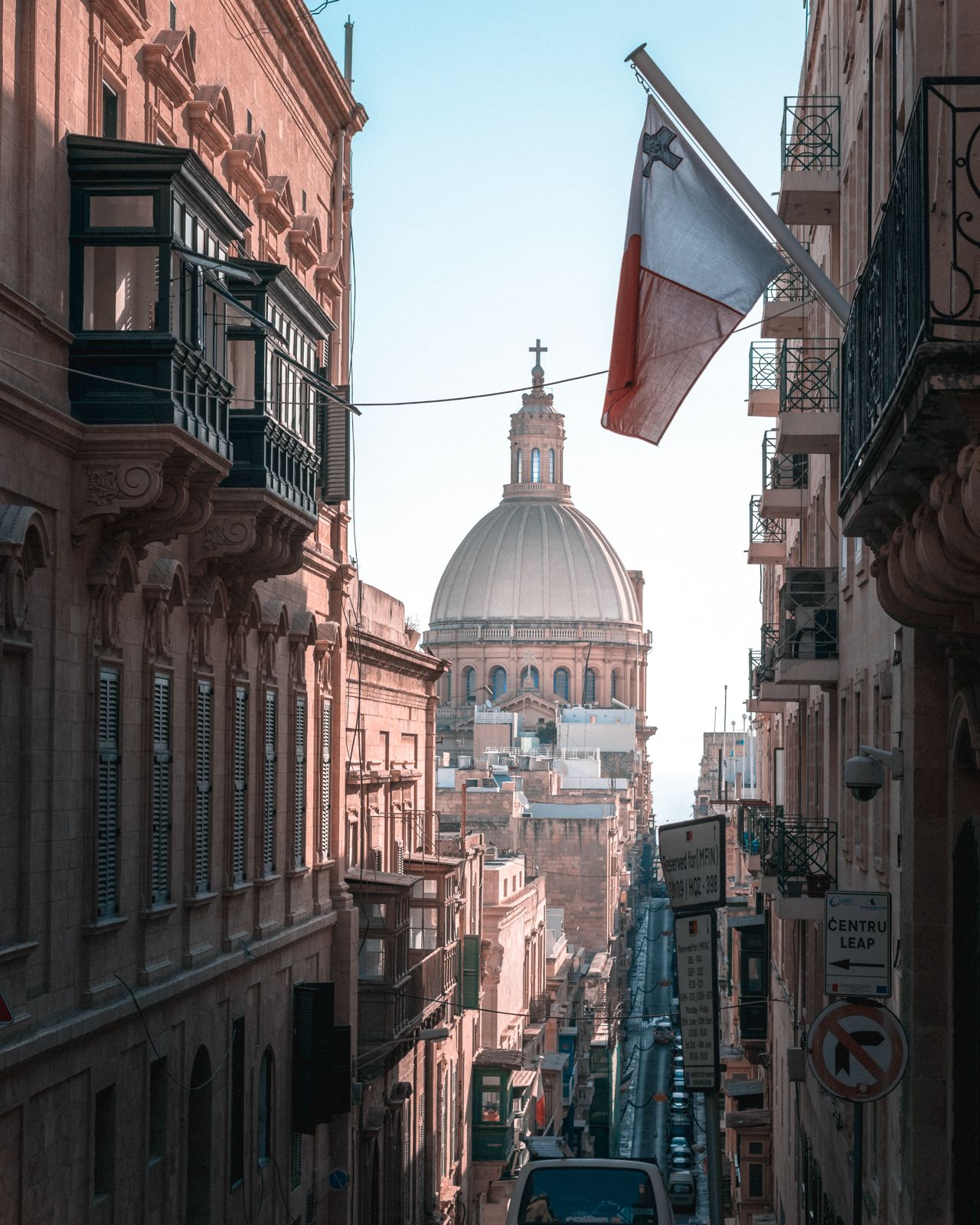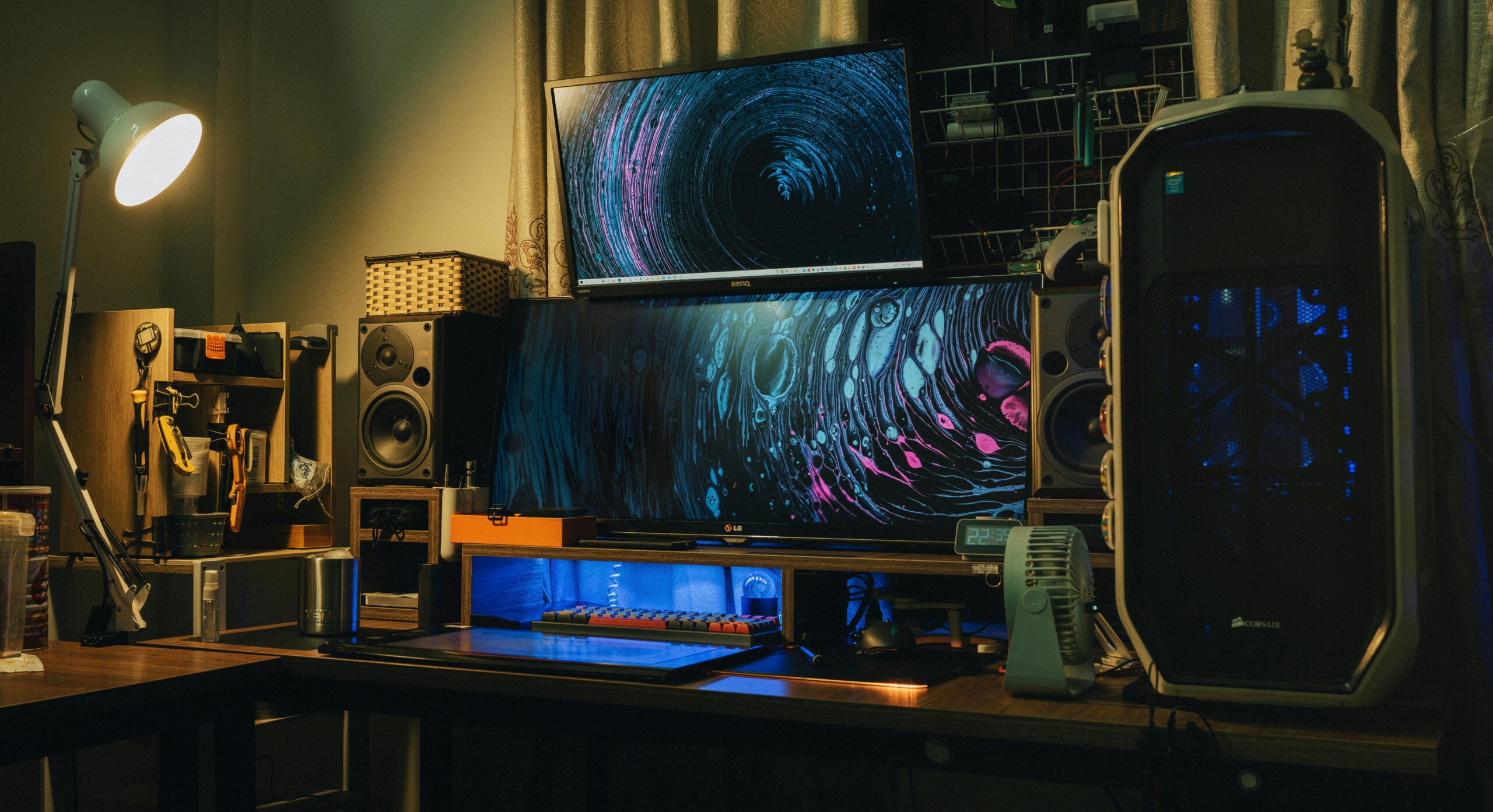Malta offers a host of residency programmes to third country nationals who are looking to launch a new chapter in their lives and embrace the opportunities of living away from their home country. In fact, the tiny Mediterranean island has quite a lot going on for it in terms of attractiveness, as the destination continues to rank positively on a number of international independent platforms.
iGamingCapital.mt has caught up with Daryl Grima, Manager within the Marketing and Business Development Department at Residency Malta, who shared how the island nation is managing to attract quality remote workers, as they call Malta their new home.
“Over the past years, Malta has managed to create an international community of expats, coming from across the globe, who have chosen Malta to do business from,” says Daryl. “It is a combination of elements that provide an irresistible proposition to these high-powered individuals, who are often seeking reliability, safety and a generally better lifestyle. This success is getting noticed far and wide, registering some very encouraging results.”
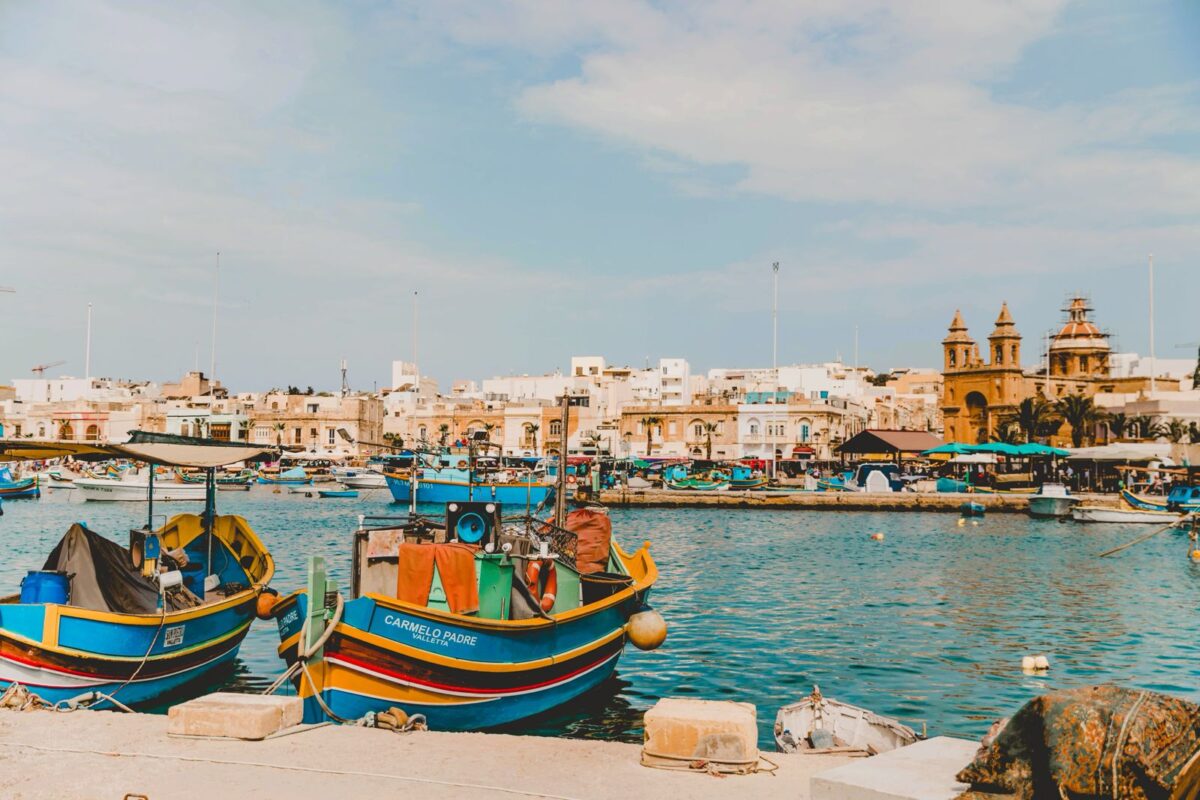
In fact, in late July, Global Citizen Solutions ranked Malta as the sixth best destination for digital nomads out of 65 countries, thanks to its “compelling mix of favourable policies, high living standards, and advanced technological infrastructure.” Even more recently, in August, Trint released its Digital Nomad Index, naming Malta the top country for quality of life. Specifically, Trint highlighted Malta’s exceptional safety for solo travellers, including women, and its status as one of the safest countries in the world for the LGBTIQ+ community.
“Obviously we are very proud of these results, and it drives us further to keep offering a sterling package to our international guests,” Daryl comments. Malta’s specialised Nomad Residence Permit offers a year’s residency stay for people who can carry out remote work, renewable three times, for a maximum stay of four years.
“We know that as the world is changing, and more people are opting to venture into careers that take place primarily online, it makes very little difference where in the world you physically are, as long as you have a reliably strong internet connection and a comfortable, supportive lifestyle. That is how Malta is becoming more popular among digital nomad circles.”
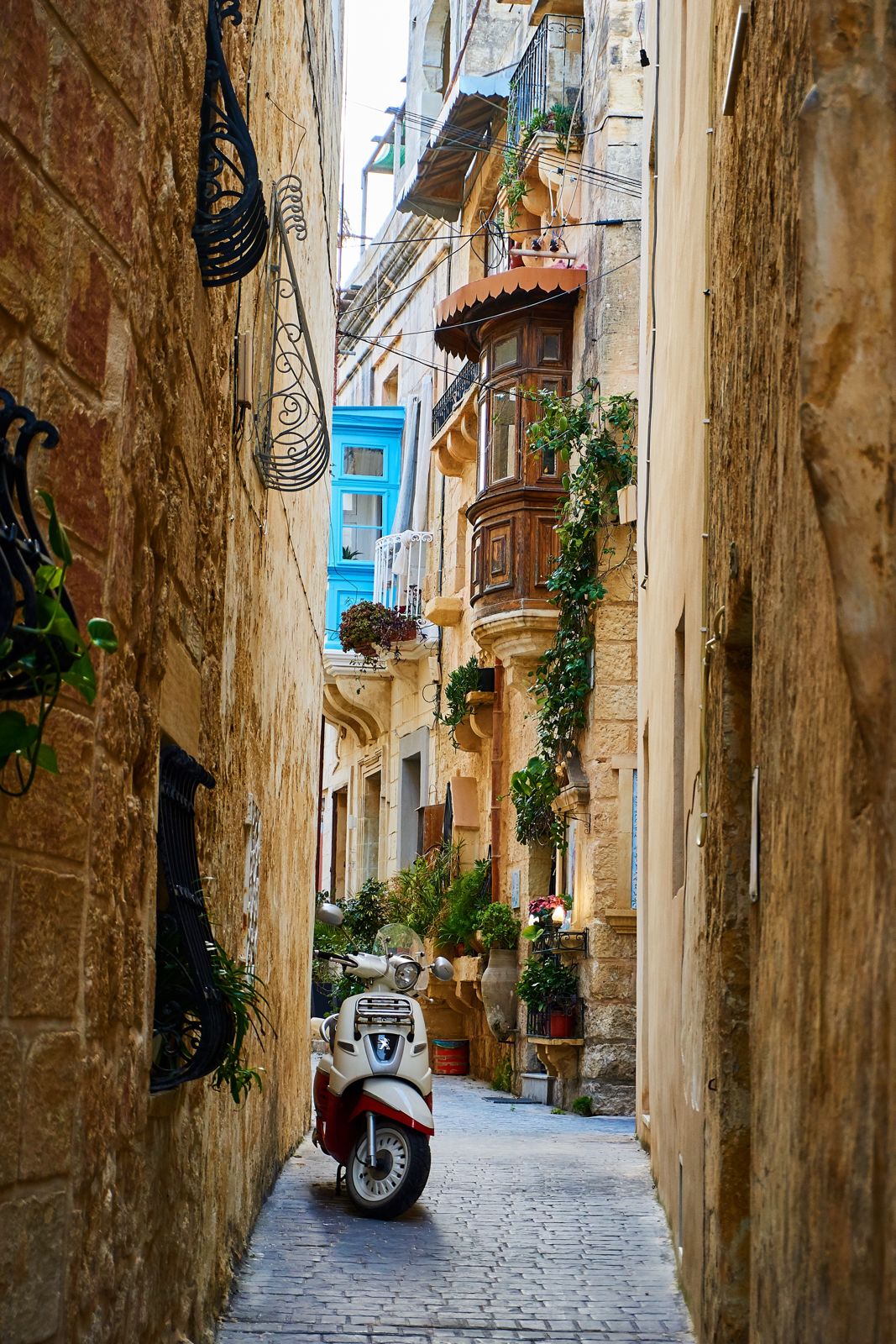
Malta’s robust digital infrastructure plays an important part in the whole equation, however digital nomads look at other elements which they take into active consideration when choosing their country of preference.
“Safety is an important element. The fact that crime rates in Malta are very low, and it is safe to walk unaccompanied in Malta’s streets at any time of day or night is a great plus,” Daryl notes. “And being an English-speaking nation is also a huge attraction, as it makes settling in fast and easy. Apart from this, nomads can find their way around services in no time, and hook up to networks easily, using English.”
The country has also been gearing up for this new way of doing business. Indeed, the establishment of numerous co-working solutions is another important aspect of Product Malta. “Digital nomads often look for co-working spaces where they can carry out their work as they mingle with others who perhaps would be on a similar journey as them. The favourable weather, the island’s intriguing culture, and being so close to Malta’s gorgeous sea at any point, only serve to sweeten the deal, making Malta that bit more attractive,” Daryl explains.
“Digital nomads bring with them great value, sometimes opting to switch to other different options to staying in Malta for a longer period of time through other programmes or permits. Their value to the country goes beyond the money they pay in rent or spend at the supermarket,” Daryl continues.
Permits for digital nomads are open to third country nationals, for individuals 18 years and over and their immediate family members. Once the straightforward online application process is complete, the permit is issued for a duration of one calendar year, extendable if the applicant still meets the eligibility criteria.
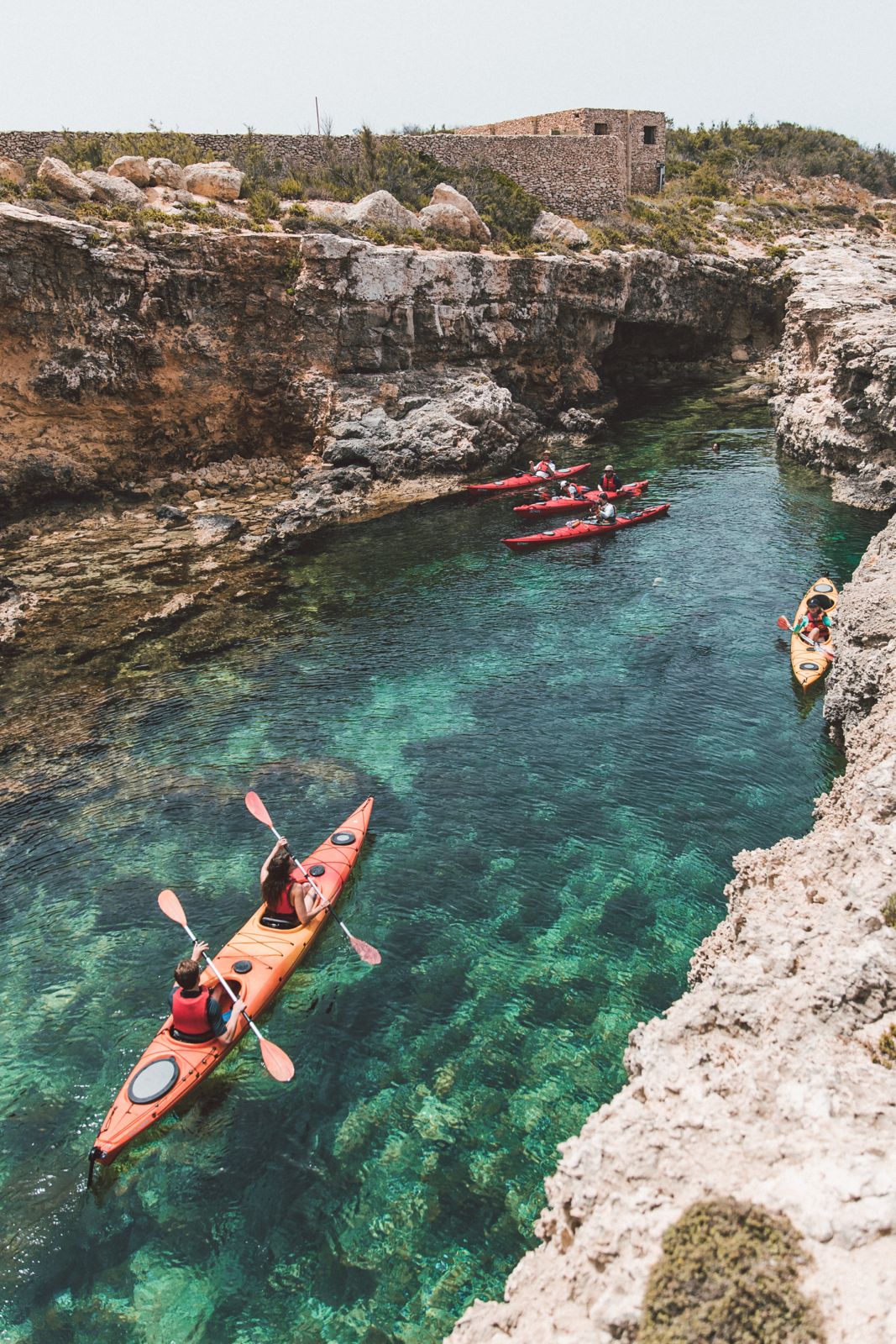
Applicants need to provide proof of remote work, and of a minimum yearly gross income of €42,000 as well as a police conduct certificate, amongst others. A fee of €300 per applicant is applicable.
“The Nomad Residence Permit was created in the wake of the first COVID19 pandemic, as more businesses transitioned to having their staff work remotely. The programme has been successful and continues to grow in popularity, further strengthening its place among Residency Malta’s offerings,” Daryl notes.
Nomads on Malta’s permit operate in a variety of fields including ICT, business development, marketing and e-education. Hailing mainly from the US, UK and all corners of Asia, digital nomads tend to like the Maltese way of life, in fact Malta enjoys quite an elevated rate of retention amongst applicants, and a significant number relocate temporarily to Malta with their partner and children.
The application process for the permit is completely digital and online through a dedicated portal. The application process which includes a background check of all applicants takes a maximum of 60 working days to be completed.
For more information about the Nomad Residence Permit visit https://nomad.residencymalta.gov.mt/
Continue Reading
GCS Recruitment Malta Limited: Bridging talent with opportunity
GCS pairs local expertise with digital tools to connect employers and job seekers across key sectors, offering tailored hiring solutions
Malta Gaming Authority stresses it has no connection with phlove.org
The regulator warned consumers to only use MGA-authorised services
Phil Pearson bows out as CEO of White Label Casinos after nearly a decade of growth and grit
'I had the privilege of running it until last week'
Together Gaming Solutions plc reduces pre‑tax loss from over €3 million to €349,000
The iGaming platform provider announced an uplift in financial results following merger


